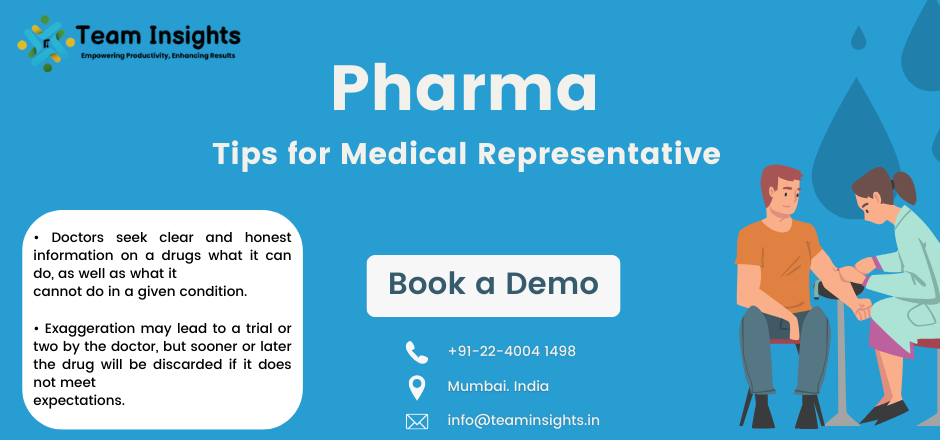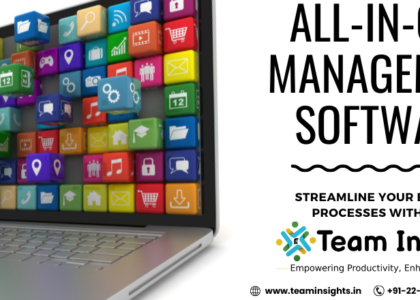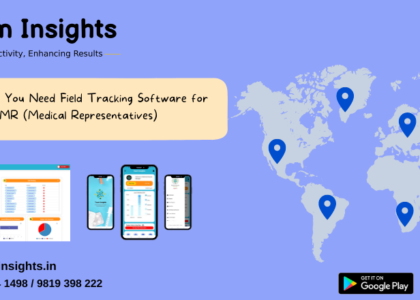Being a successful pharmaceutical medical representative goes beyond just selling products; it’s about building trust with healthcare professionals and providing valuable, honest information. Here are some key tips to help you excel in your role:
1. Transparency is Key
Healthcare professionals, particularly doctors, value transparency when it comes to information about drugs. Always provide clear and honest information about the benefits and limitations of the products you represent. Doctors appreciate knowing what a drug can do, as well as its limitations in treating specific conditions. Being transparent builds credibility and fosters trust, which are essential for long-term relationships.
2. Avoid Exaggeration
While it may be tempting to exaggerate the benefits of a drug to make a sale, this approach often backfires in the long run. Exaggerated claims may lead to initial interest from doctors, but if the drug fails to meet expectations, it will likely be discarded. Instead, focus on highlighting the genuine benefits of the product while acknowledging its limitations. Honesty is always the best policy when it comes to building lasting partnerships.
3. Stay Informed and Educated
The pharmaceutical industry is constantly evolving, with new drugs, research findings, and treatment guidelines emerging regularly. As a medical representative, it’s crucial to stay informed about the latest developments in your field. Attend training sessions, read scientific literature, and engage with healthcare professionals to deepen your understanding of the products you represent and the conditions they treat. The more knowledgeable you are, the better equipped you’ll be to address doctors’ questions and concerns.
4. Build Relationships, Not Just Transactions
Effective pharmaceutical sales is about building meaningful relationships with healthcare professionals. Take the time to understand doctors’ needs, preferences, and treatment philosophies. Offer personalized solutions that align with their patient care goals. By demonstrating genuine interest and empathy, you’ll earn their respect and loyalty over time. Remember, it’s not just about making a sale—it’s about becoming a trusted partner in patient care.
5. Follow Up Responsibly
After presenting a product or providing information to a healthcare professional, always follow up in a timely and respectful manner. Address any questions or concerns they may have, and offer additional support or resources as needed. Following up demonstrates your commitment to providing excellent customer service and reinforces your credibility as a reliable source of information.
Conclusion
Being a successful pharmaceutical medical representative requires more than just sales skills—it demands integrity, knowledge, and a genuine commitment to serving healthcare professionals and their patients. By embracing transparency, avoiding exaggeration, staying informed, building relationships, and following up responsibly, you can excel in your role and make a positive impact in the pharmaceutical industry.
Remember, your ultimate goal is to contribute to improved patient outcomes by providing healthcare professionals with the information and resources they need to make informed treatment decisions. By following these tips, you’ll not only enhance your effectiveness as a medical representative but also contribute to the greater good of healthcare delivery.





